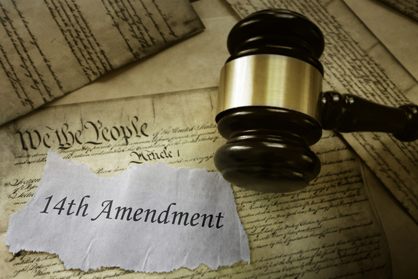Senators and members from the House of Representatives are moving away from two anti-privacy bills that are making their way through Congress right now. The protests of internet giants such as Google and Wikipedia, with Wikipedia shutting down business for one day, goes way beyond the SOPA and PIPA acts. SOPA stands for Stop Online Piracy Act and PIPA stands for Protect Intellectual Property Act.
The SOPA and PIPA acts are meant to cut off access to websites that illegally distribute content that is copyrighted. Critics suggest that the problem is much deeper than it looks. This means that the movie and music industries have not changed with the times quick enough and are hoping that Congress can fix those problems with these two bills.
“Consumers want easy access to content and many are willing to pay for it – so the onus is on businesses to meet these demands,” says Anjelika Petrochenko, general manager at LiveJournal, a website that hosts online journals, discussion forums and online bloggers.
She says, “SOPA/PIPA legislation is a poorly written excuse for intellectual-property owners to hide their own inability to adapt.”
The Motion Picture Association of America (MPAA) released a statement on Wednesday that said:
“Websites participating in the blackout are irresponsible and resorting to stunts that punish their users.”
A former U.S. Senator, Chief Executive Chris Dodd, said that the blackouts are an “abuse of power given the freedoms these companies enjoy in the marketplace.”
Critics of the bills are concerned that Congress could wind up damaging internet ventures that try to find innovative methods of distributing content in the digital world.
“SOPA will prevent innovation in order to prevent piracy,” says Vince Leung, cofounder of the website, MentorMob.com.
Leung points out the fact that Napster was closed because of free file sharing. He then points out, “but Apple/iTunes was an innovative and inexpensive way for consumers to purchase music.”
Leung also adds that “the SOPA supporters should think how the business model needs to change with the times.”
The Senate bill, PIPA, has seen senators Marco Rubio (Republican from Florida), Jon Cornyn (Republican from Texas), and Roy Blunt (Republican from Missouri) back away from it.
Senator Rubio wrote on his Facebook page that he has “heard legitimate concerns about the impact the bill could have on access to the Internet and about a potentially unreasonable expansion of the federal government’s power to impact the Internet.”
Deborah Sweeney, the CEO of MyCorporation.com, said that the statement from the MPAA shows that finding a middle ground is going to be difficult, maybe even impossible.
Sweeney went on to say that, “They just have to work together (a nearly impossible feat)…. No one likes piracy, but the potential impact of SOPA is far more broad than the legislators likely anticipated. The two sides are not speaking the same language.”

















































